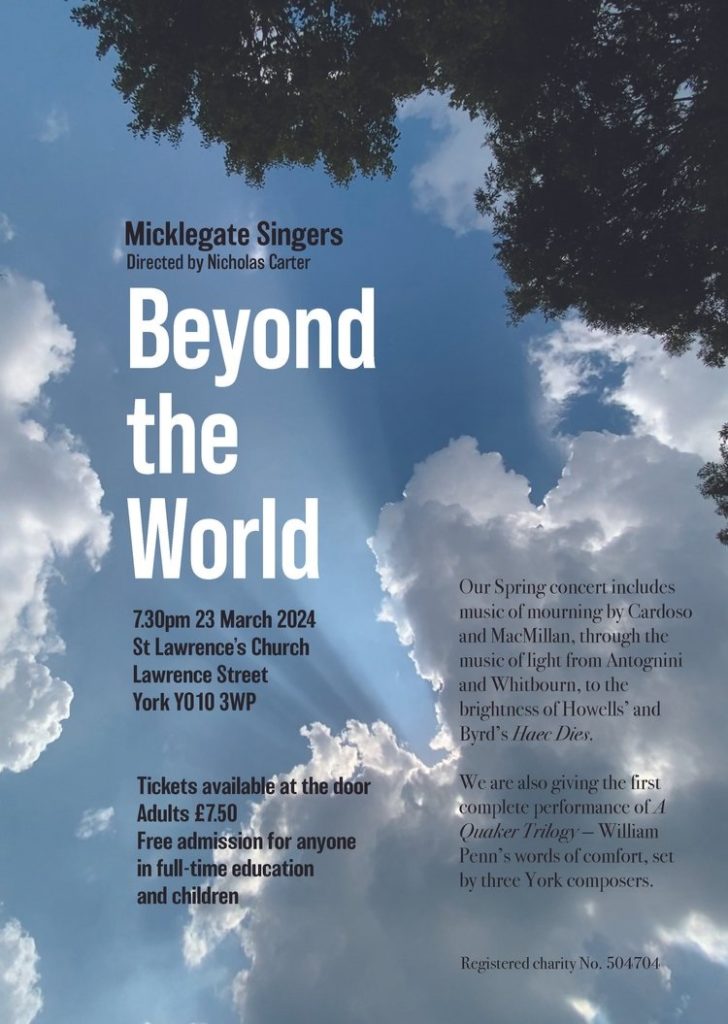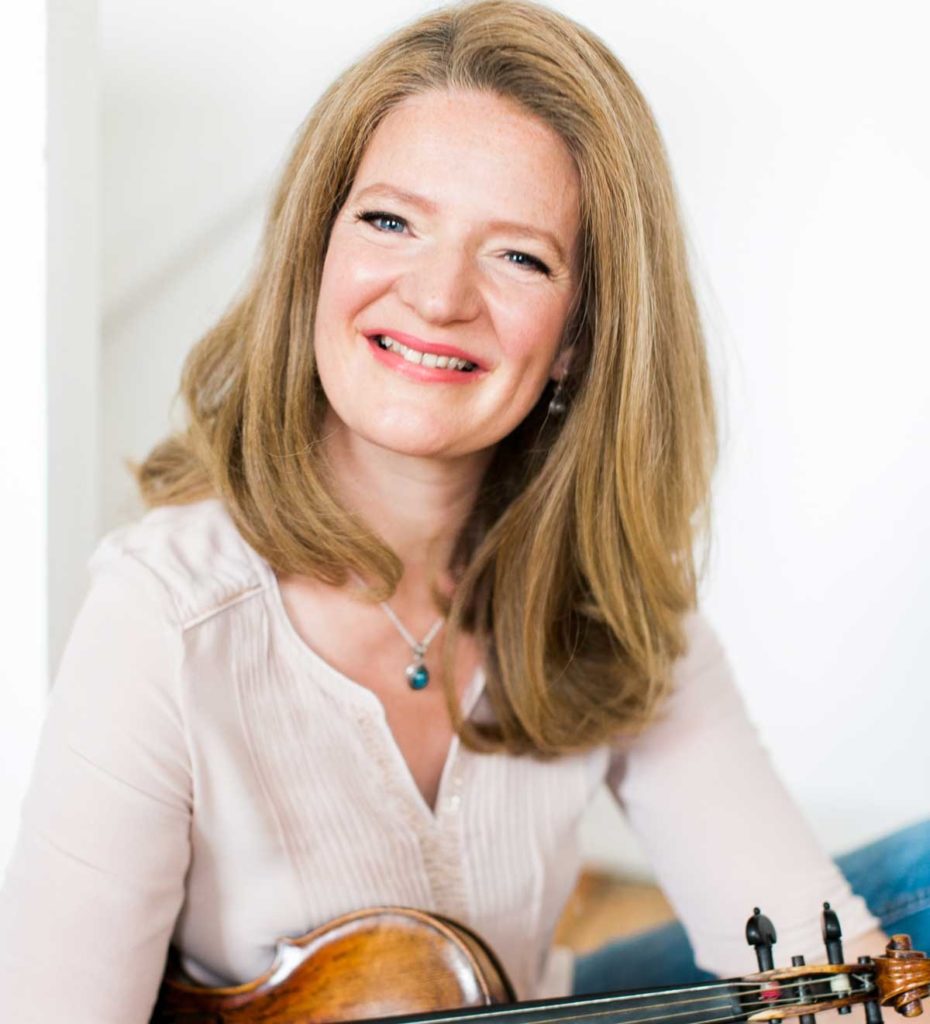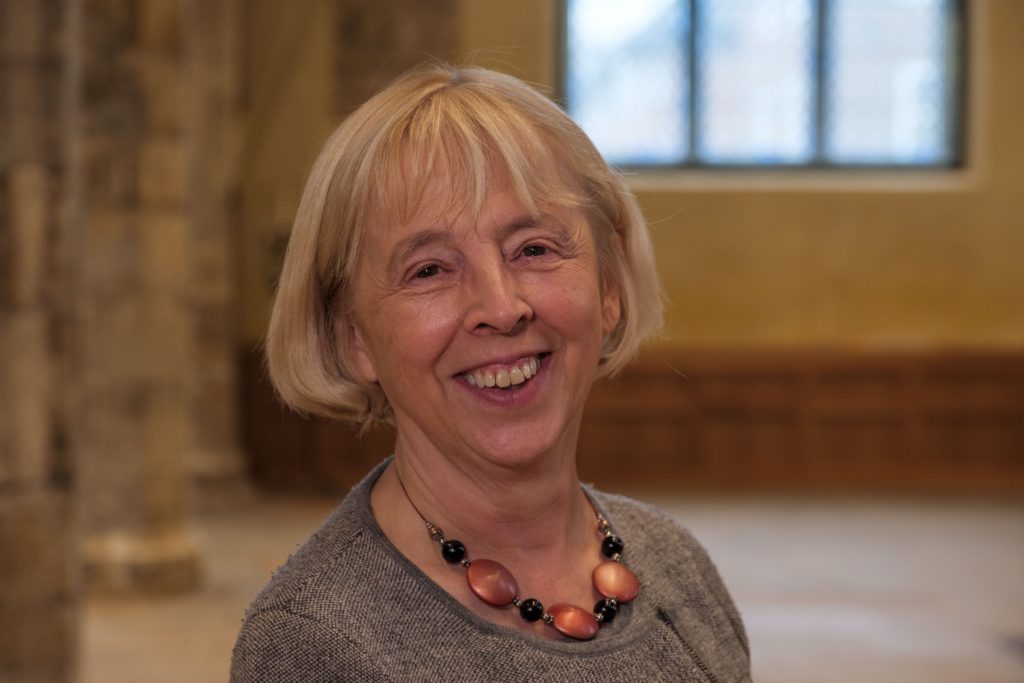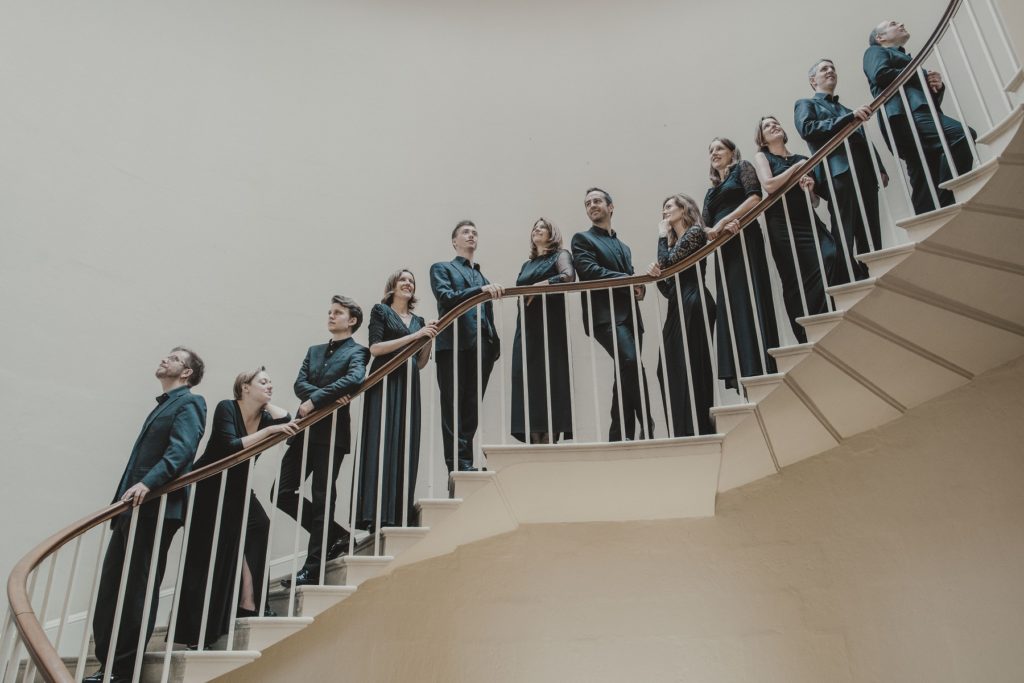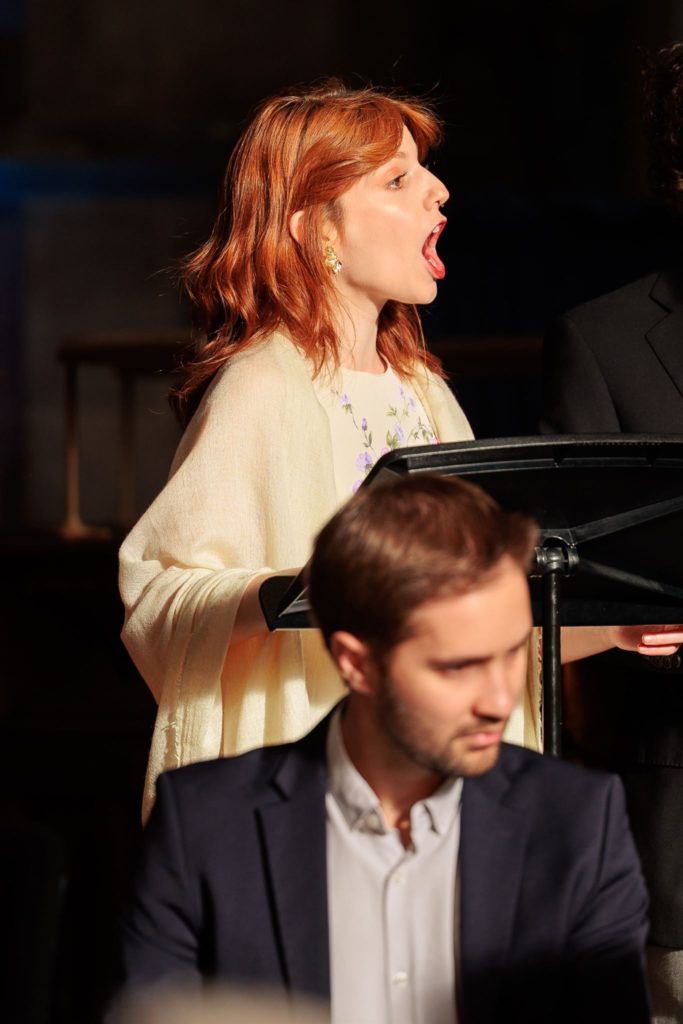
Cantoria exploring festive music of the Baroque from four different perspectives at St Lawrence’s Church, York. Picture: Charlie Kirkpatrick
THE most striking feature of music in the Spanish Baroque is the similarity between the sacred and the secular: what works in church is fine outside it, and vice versa. There are few dividing lines. Even more startling, it is all filled with an irrepressible joie de vivre (or as the Spanish might prefer, alegría de vivir). All very un-Anglo-Saxon.
Cantoría’s eight singers and six players, conducted by the tenor Jorge Losana, explored festive music of the Baroque from four different perspectives.
Nowadays the term ‘villancico’ is often used to describe Christmas carols, especially strict ones that use verses (coplas) and refrains (estribillos). But it was originally secular and a cappella. By mid-17th century, many had acquired instrumental accompaniment.
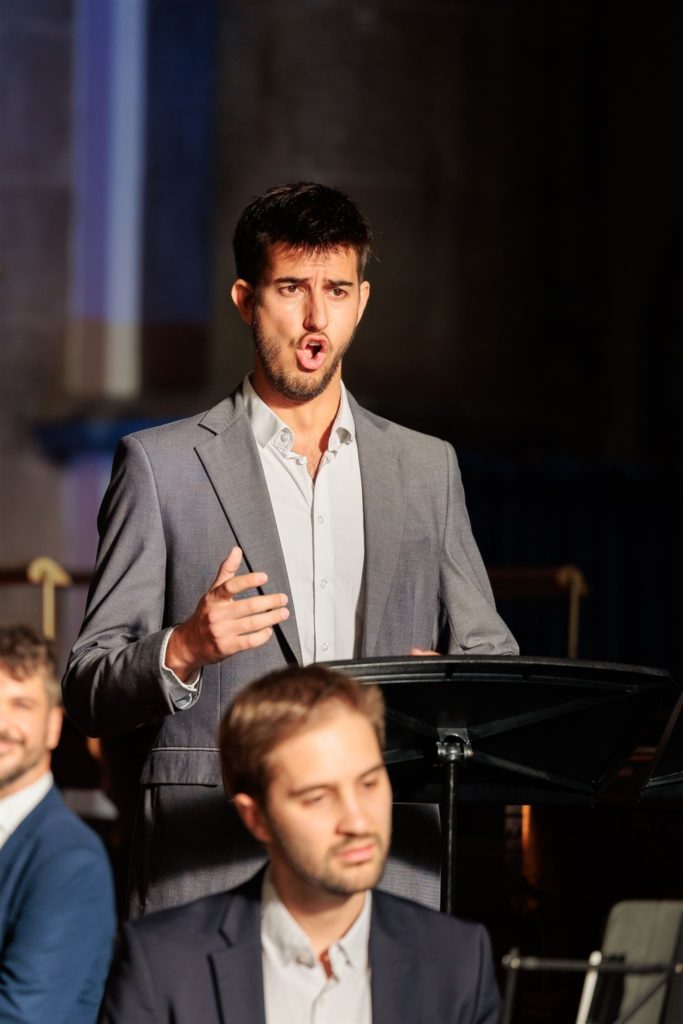
Cantoria performing July 8’s A La Fiesta! programme at York Early Music Festival. Picture: Charlie Kirkpatrick
Thus we had Gitanillas cortesanas by José de Torres, gypsy girls dancing to the star of Jacob, in a style very similar to an English verse anthem, but much more balletic.
‘Between Heaven And Earth’ brought us españoletas, more reflective dance-songs of the late 16th century that remained popular throughout the 17th. Oddly enough, the Catalonian monk Joan Cererols contributed several in the vernacular, including a gently swinging eight-voice Suspended Cielos (Suspend, O Heavens) with effective pizzicato backing.
On an earthier level were the jácaras, romances that related the adventures of low-life characters and were therefore much more dramatic, often as intermezzos between acts of an opera. Here we seemed to be at the very heart of Spanish Baroque style. A jacarilla by Sebastián Durón, beautifully inflected by a soprano soloist, even brought the Christ-child into its catchy rhythms.
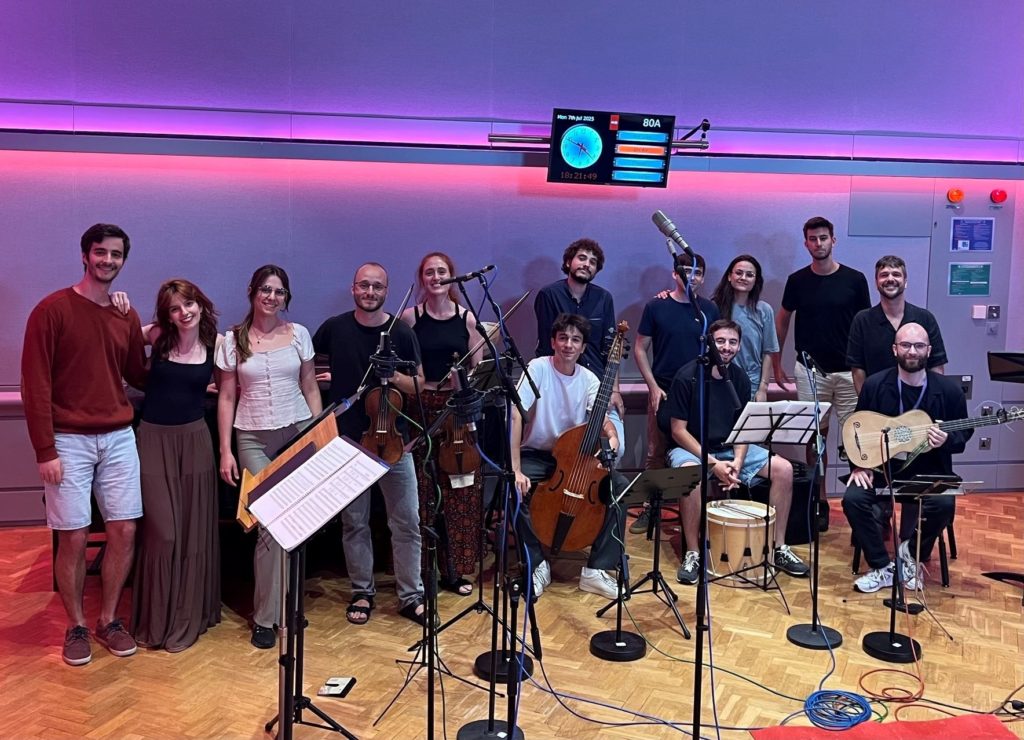
Cantoria singers and musicians at the In Tune studio
An extended fusion of the rowdier jácara with the Andalusian fandango was delivered by a charismatic baritone over choral backing. It proved the perfect transition into the fandango itself, here distilled instrumentally in one by Santiago de Murcia.
As if in remorse, Cantoría briefly moved back into a sacred lullaby, before a highly theatrical, not to say witty, finale involving bells of different sizes and, by implication, superiority.
It was left to an encore for us to hear castanets. But this was a wonderfully enjoyable, thoroughly professional survey of repertory we need to hear much more in this country. Maybe Cantoria might even consider staging a zarzuela, whose roots lie in the Baroque. Here’s hoping.
Cantoria’s concert was recorded by BBC Radio 3 for broadcast on July 20 and still can be accessed via BBC Sounds. Strongly recommended.
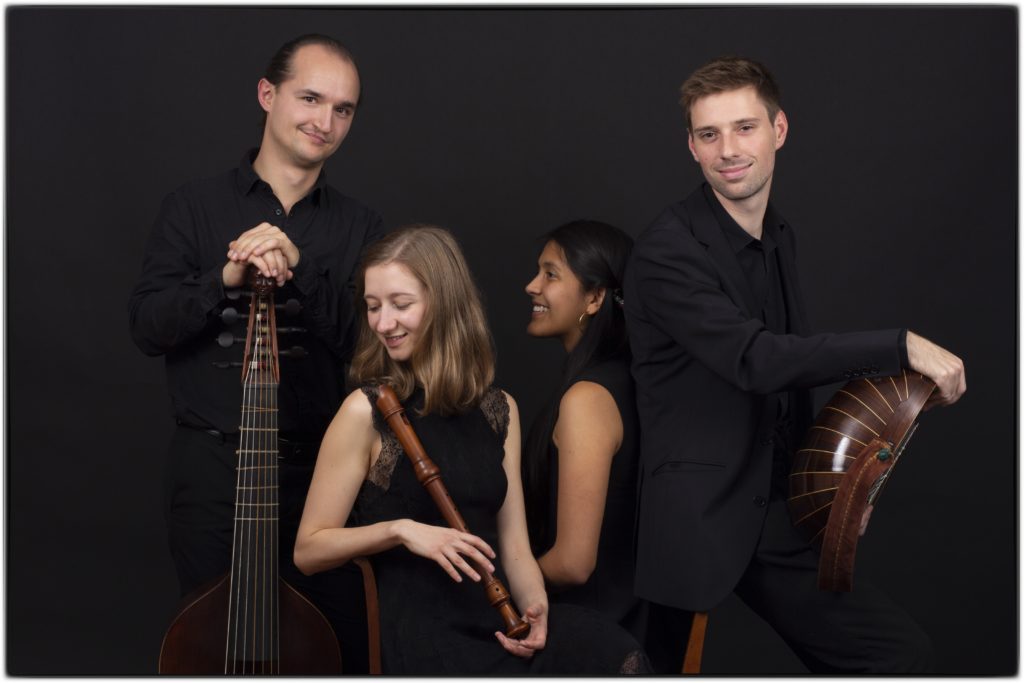
Ensemble Bastion
York Early Music Festival, Ensemble Bastion/Ayres Extemporae, National Centre for Early Music, July 10 and 11
TWO prize-winning ensembles from the International Young Artists Competition at last year’s festival returned this year as fully fledged participants. Both more than justified their new status in lunchtime recitals.
Graduates of the Schola Cantorum in Basel, the four members of Ensemble Bastion are led by the recorder player Maruša Brezavšček, with her three equally lively colleagues on viol, theorbo and harpsichord.
In a programme entitled Phantasma: Visions of Heaven and Hell, the group explored the stylus phantasticus, which had its roots in the freewheeling keyboard fantasias of the Venetian performer-composer Claudio Merulo.
Frescobaldi picked up the style and it was transmitted to Germany by his pupil Johann Froberger, whose harpsichord Tombeau on the death of a French lutenist was fluently played by Mélanie Flores.
Biber used it, too, in the passacaglia at the end of his Mystery (or Rosary) Sonatas, which was imaginatively arranged here, growing in intensity.
These German pieces were the programme’s centrepiece. On either side we heard works by slightly earlier Italians. Two sonatas by Dario Castello, another Venetian, proved that he had Merulo’s style very much in his blood, with plentiful imitations and volatile changes of tempo.
More surprising was an adaptation of a Palestrina madrigal lamenting the wounds of love and thus veering between heaven and hell.
Similarly there was virtuoso viola da gamba from Martin Jantzen in a sonata by Bovicelli and equally deft finger-work from Elias Conrad’s theorbo in a vivid sonata by Maurizio Cazzati.
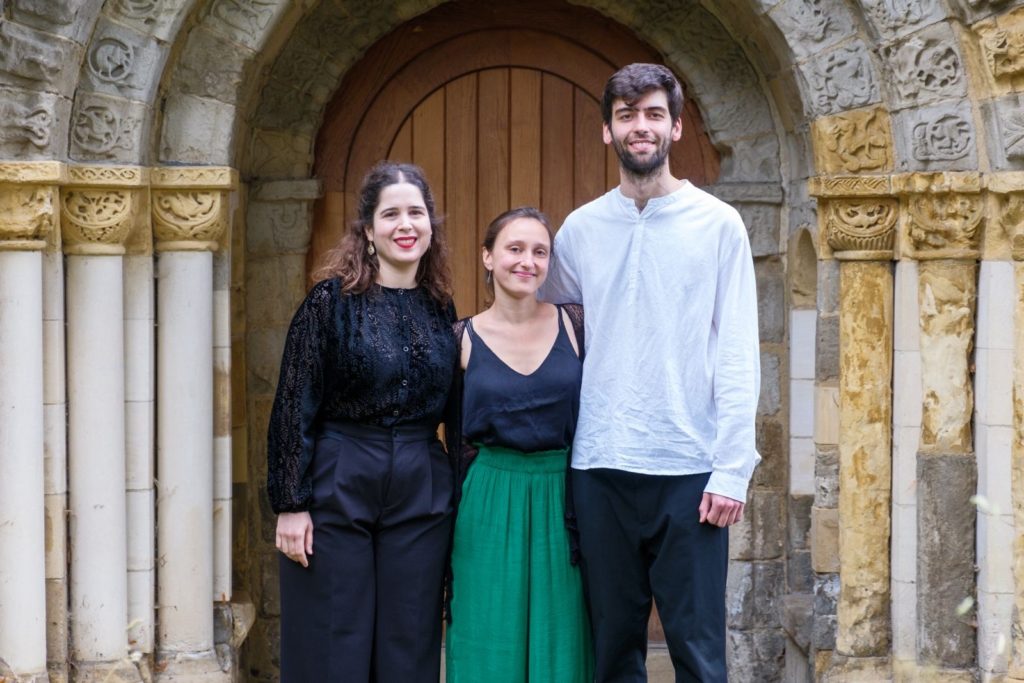
Ayres Extemporae
Finally, Brezavšček’s ubiquitous dexterity was nowhere better than in Monteverdi’s cheery Moresca from L’Orfeo, in which she switched seamlessly between alto and piccolo recorders. I hope this ensemble will return soon.
Ayres Extemporae is a string trio with a rare five-string piccolo cello where you would expect a viola to be. The ensemble took as its title ‘Erbarme dich!’ (Have mercy!), the opening words of several arias by Bach, but in this case of an aria from Cantata 55 for tenor, with piccolo tenor taking the voice part, as also in another one from Cantata 97.
In the hands of Victor García García, the instrument’s plaintive tone was well calculated to emulate the voice’s prayerful pleas and eventual serenity.
The programme opened with a suite by Matthew Locke, where the dances had an improvised feel and were much illuminated by the delicate filigrees of Xenia Gogu Mensenin’s violin. Two violin sonatas by Biber contained sets of variations that the group differentiated carefully.
Teresa Madeira’s cello came into its own in movements from Bach’s three sonatas for viola da gamba. In the Andante from No 2, pizzicato interludes offered moments of meditation. In the Adagio of No 3, the piccolo cello played gamba and provided quietude amid the restive atmosphere of the arias mentioned earlier.
Finally, we enjoyed the complete No 1, where the trio developed powerful momentum while maintaining admirable clarity. This is a thoughtful group whose future looks assured.
BOTH these concerts were supported by the John Feldberg Foundation, set up in memory of the violinist and harpsichord builder, who died aged 30 in 1960, to showcase the achievements of young musicians.
Reiews by Martin Dreyer

